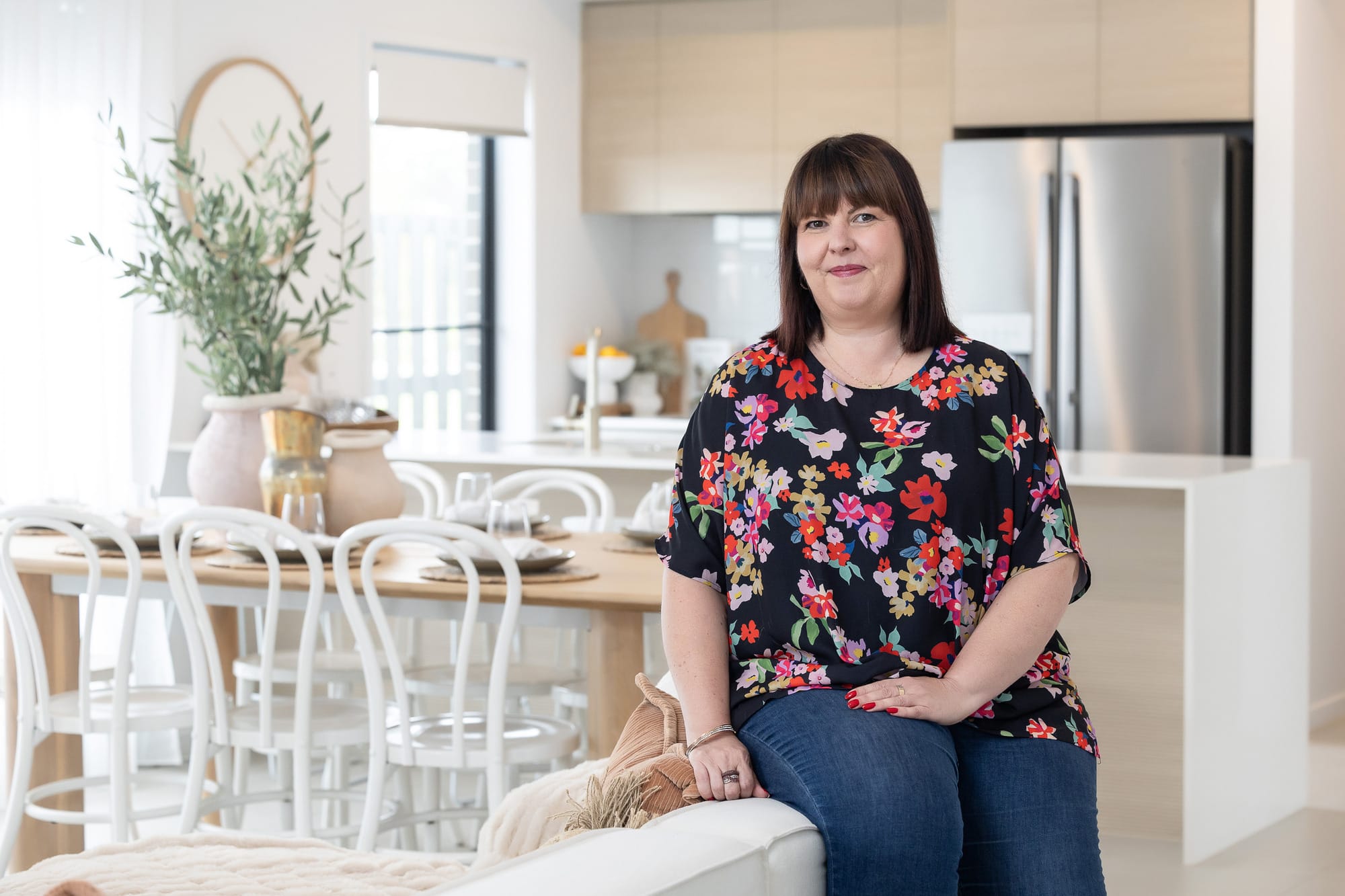News
The Ultimate Moving House Checklist
August 3, 2018 | IN Media Release and News | BY Holly Brennan | 4 min read
So, you’ve purchased your new home and you’re now counting down to moving-in day. Despite being an exciting time, there is so much to organise that it can become quite overwhelming. To help you make your move as easy and stress-free as possible, we’ve created the ultimate moving house checklist.
1. Redirect the mail
This simple step can often be overlooked until it’s too late – usually when you realise you haven’t received your monthly phone or internet bills – but can be taken care of well in advance of your move. Head to your local post office to pick up the necessary form, or even complete it online if you’re strapped for time. You can choose 3, 6 or 12-month redirection, any of which will give you plenty of time to contact your bank, utility providers and other important organisations to update your address. Getting this organised in advance will mean one less thing to do once you’ve got the keys to your new home.
2. Organise removalists well in advance
There are plenty of options for removalists in most areas, or you can even choose to hire a truck and take care of it yourself. Whichever option you choose, be sure to organise this well in advance. There’s nothing worse than calling up your removalist the week before you’re due to move into your new home only to find that they’re not available on the day you need them. If you plan on doing the heavy lifting yourself, keep an eye out for truck and van hire specials before your move and you could even save yourself some money.
3. Book in the cleaners
Once you know the date you’ll be leaving your old home and handing the keys back to the new owners or your property manager, it’s time to organise the cleaning and carpet cleaning. Again, this is something you might want to do yourself – but, if you’re currently renting, be sure to check your rental agreement for any terms and conditions around professional cleaning. Juggling moving boxes and furniture while having cleaners around can be a tall order, so if you’re able to give yourself a couple of days to get the moving and cleaning done, things can go much more smoothly. Keep in mind that if you’ve had pets at your property you might need to have a pest spray done as well.
4. Get your essential services connected
Don’t forget to organise the gas, electricity and internet connections before you move into your new home. These can take anywhere from a couple of days to 2 weeks to be transferred or connected to your new address, so get in touch with your providers as soon as possible and let them know about your planned move-in date. You can generally schedule the connection of these services a few weeks in advance, leaving you time to concentrate on getting the actual moving done! While you’re talking to your providers, be sure to ask if you’re getting the best offer available. Moving house is a good time to check in on your energy prices, phone bills and internet packages and even save some money while you’re at it.
5. Have a plan for your pets
Do you have cats, dogs or other pets? Moving can be a stressful time for pets too, so be sure to have a plan for the few days before and after you move house. You might want to have family or friends take care of them while you’re in the process of moving boxes from your old place to your new home, to avoid having them under foot and to save them from becoming anxious while there’s so much going on. Once you’re ready to introduce them to their new home, be sure to have their water and food bowls, bedding, and any toys ready for them in a quite place when they arrive. Also be sure to give them time to settle in once the hustle and bustle of moving has calmed down.
6. Start packing as soon as possible
Getting your boxes packed in advance of your move can make moving day that much easier. You can pick up moving boxes from most of your local storage companies or removalist firms, as well as packing tape and bubble wrap. Get a head start on your packing by boxing up your non-essential items and things that you don’t need to use every day, such as books, DVDs, extra bedding and the bits and bobs hiding in your hallway cupboard. Be sure to label your boxes clearly with a description of the contents and the room they belong in, so organising is a breeze once you’ve arrived.









